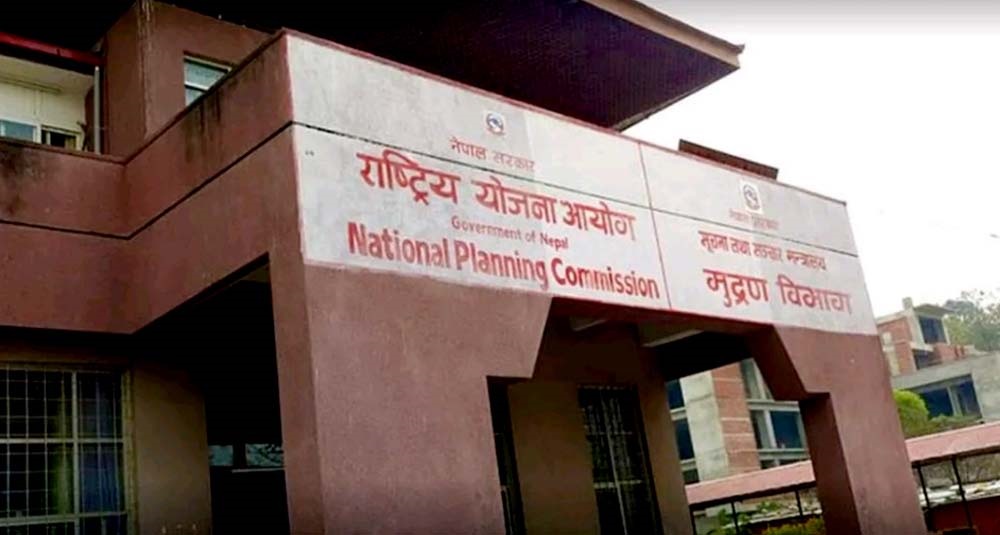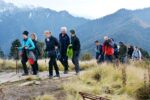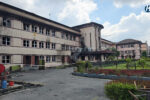KATHMANDU: The National Planning Commission (NPC) and Nepal Policy Institute (NPI) recently held a NPI-NPC Policy Dialogue seeking to provide expertise and knowledge of the global community of scholars and practitioners of Nepali Diaspora to contribute to government’s policymaking.
NPI is a Netherlands-based global Nepali Diaspora think-tank and knowledge platform.
In the context that the COVID-19 is causing huge economic and social disruption in Nepal and is likely to continue for significantly longer period, the dialogue was aimed at providing with the knowledge about the best practices and innovative ideas to inform government’s economic and social recovery plan in post COVID-19, Chairperson of NPI Dr Khagendra Dhakal said.
Several experts from NPI Global Experts Community based in South East Asia, Australia, North America and Europe shared their experience and expertise with NPC Vice-Chairman Dr Pushpa Kandel and other officials.
Dr Dhakal said that matters ranging widely from health measures to urban planning, agriculture, tourism, investment, manufacturing and employment generation were discussed.
Dhakal recommended austerity measures at the higher level of governmental expenditure to provide some relief to the population at the lower strata.
Dr Binod Chapagain from Thailand stated that many migrant workers will be returning Nepal if the COVID-19 crisis prolonged and offered measures for their reintegration for the short and long-term period by creating entrepreneurship through sustainable management of forests, private sector engagement and others.
The experts shared some measures Nepal will have to strictly follow for safe returning of Nepalis working abroad, safety and livelihood of those migrant workers, food security and free health insurance among others.
Likewise, the experts emphasized that the COVID-19 challenge is the high time Nepal integrated those overseas returned youth as well as rest of country into national economic mainstream with new visionary plan targeted in agricultural sector.
Recommendations were received for promotion of farming as business enterprise, encouraging contract farming, promoting adoption of agricultural technologies and providing services assurance for farm inputs.
The experts shared their experiences and offered feedback to the government on Nepal’s response to social and economic impact of COVID-19, social protection and employment, food security, education, labor migration and so on.









Comment